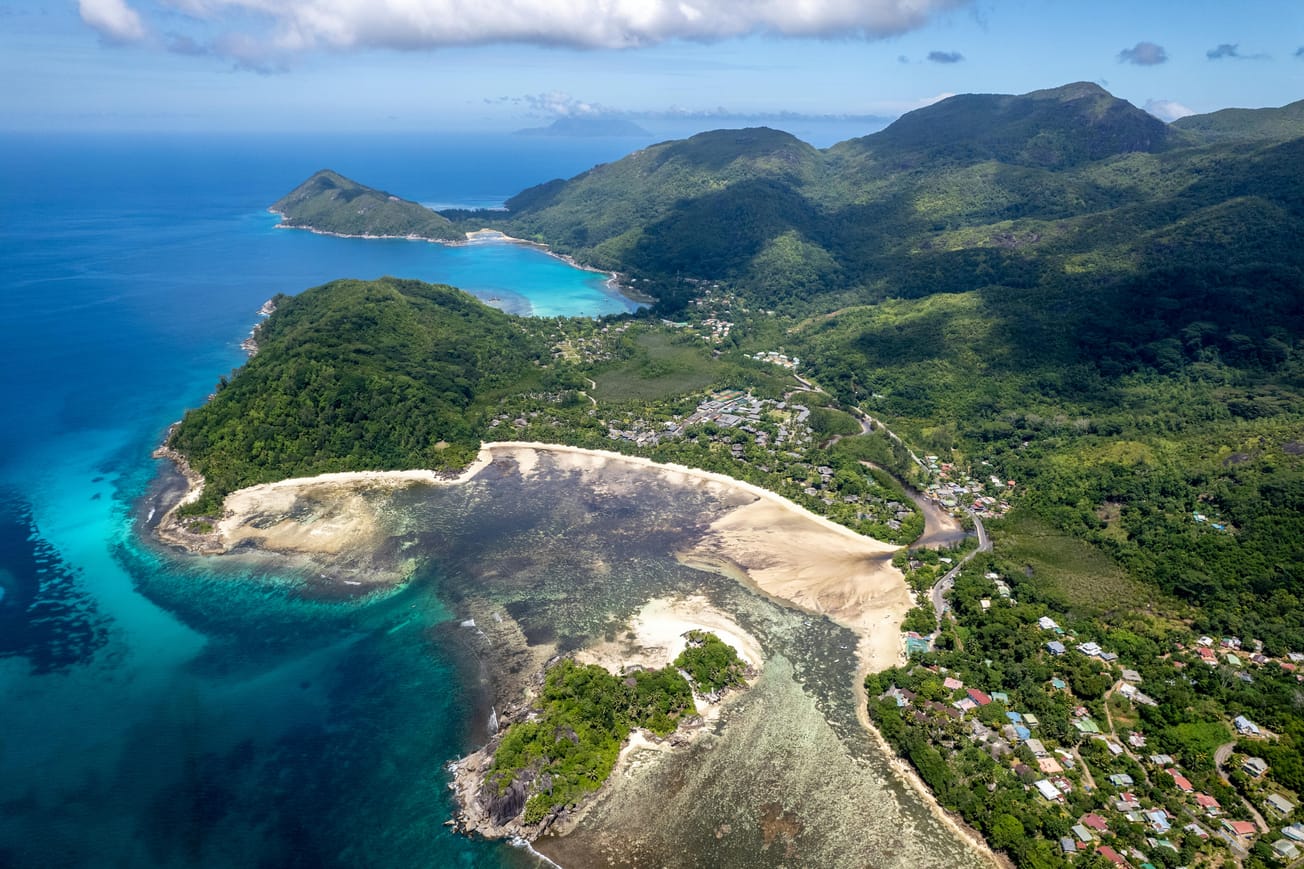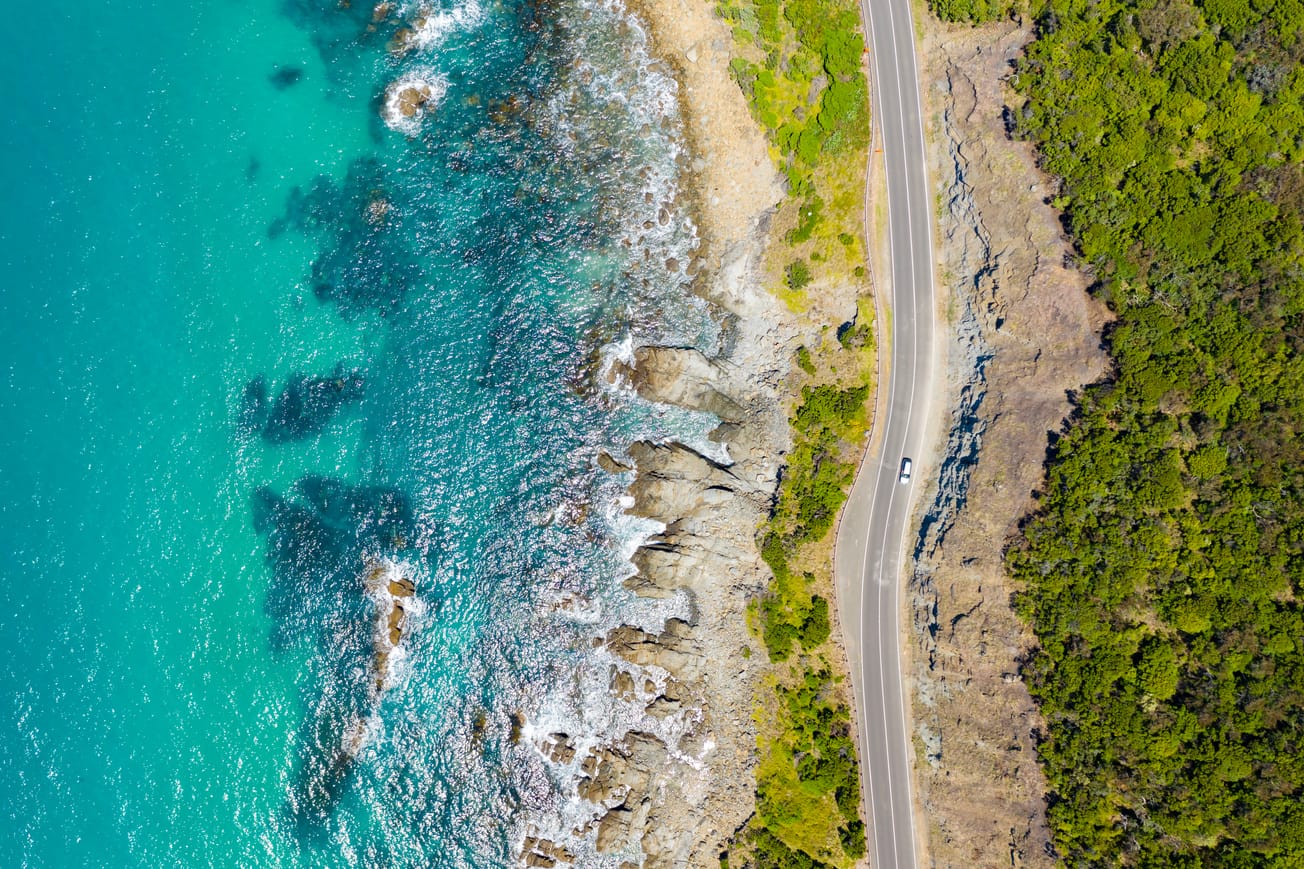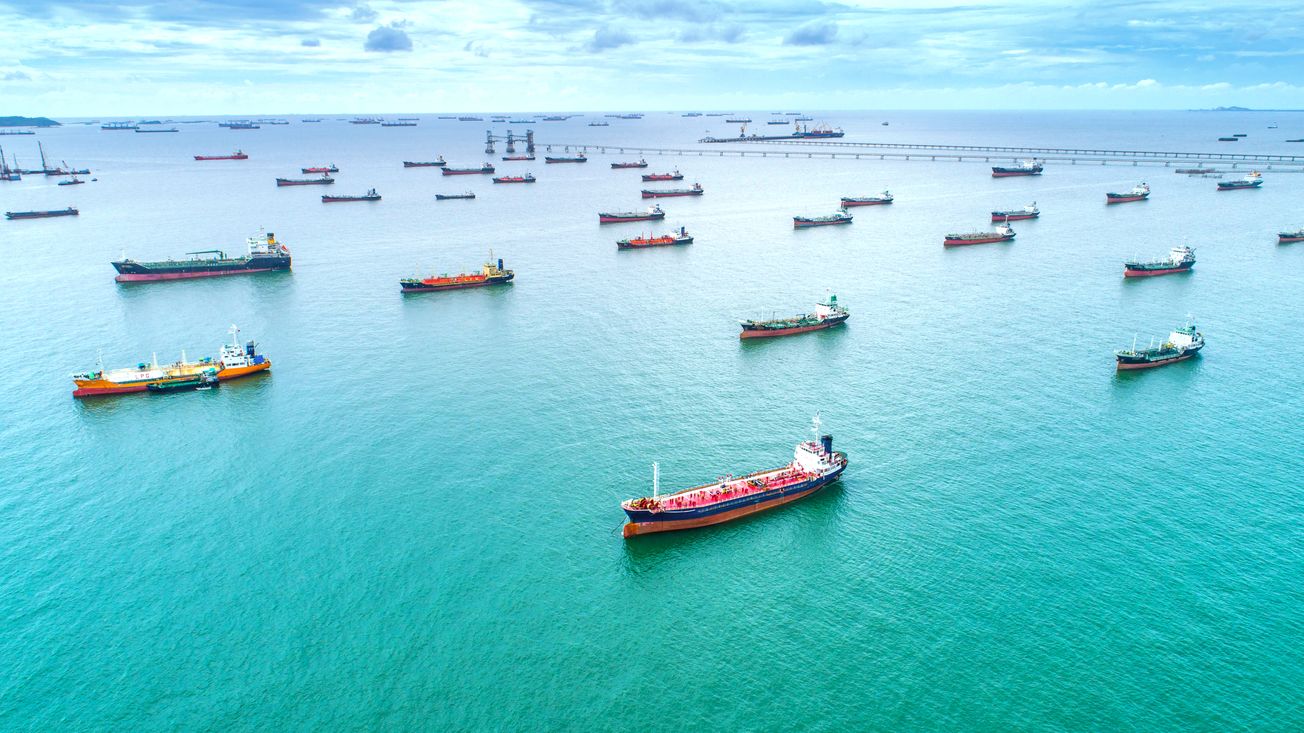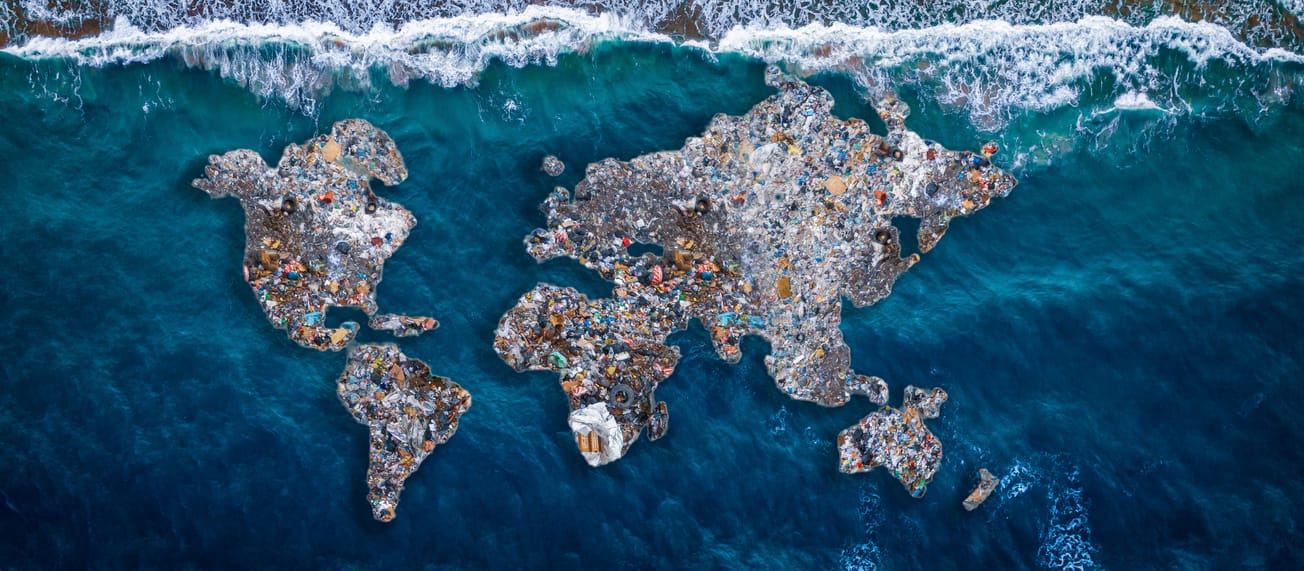In the latest report from Perth USAsia Centre and the UNSW Centre for Sustainable Development Reform, Researcher Angelique Pouponneau investigates the success of the Seychelles blended finance model in supporting their sustainable ocean economy.
Small island states are most at risk to the effects of climate change but their vast ocean territories also make them central to the solutions. Sustainable ocean development and implementing ocean-based solutions requires financing, which has posed one of the biggest challenges for vulnerable island economies.
In just 10 years, the Seychelles went from protecting 1% of their Exclusive Economic Zone to 30%, some 10 years before the 2030 deadline outlined in the Kunming-Montreal Global Biodiversity Framework. How? Part of the success can be attributed to their "blended finance" model, which involved working with multiple partners across public, private and non-profit sectors.
In this report, Pouponneau shares how the Seychelles coordinated their blended finance model and the factors that led to its success. Using Seychelles as a case study, this approach could be applied to other small island states, including the Pacific.
This report outlines four main policy recommendations:
- A clear vision for the sustainable ocean economy and how investors can help achieve it;
- A national, locally managed organisation to act as the country platform, coordinating and managing relationships;
- Investment in people who will build trust in, collaborate with and mediate the project and partners; and
- An openness to innovation and system change to support blended finance.
Other small island states have an opportunity to embark on a blended finance journey, providing scale for investments, a coordinated approach to management of marine resources whilst simultaneously building capacity.










